Oliver Lewis, The First Jockey To Win Kentucky Derby
The Civil War stopped horse racing in the 1860s because all horses were needed for the military. By 1875, racing was popular again, and the first Kentucky Derby took place that year.
In the 1870s, Black jockeys were leaders in racing. African Americans won 15 of the first 28 Kentucky Derbies. This included Oliver Lewis’s victory in the first Derby, where 13 of the 15 jockeys were Black. Lewis rode Aristides, a horse trained by Ansel Williamson, who was a former slave.
Read on to discover more about Oliver Lewis’s historic win and the legacy of Black jockeys in horse racing history!
Oliver Lewis as a young jockey with great potential
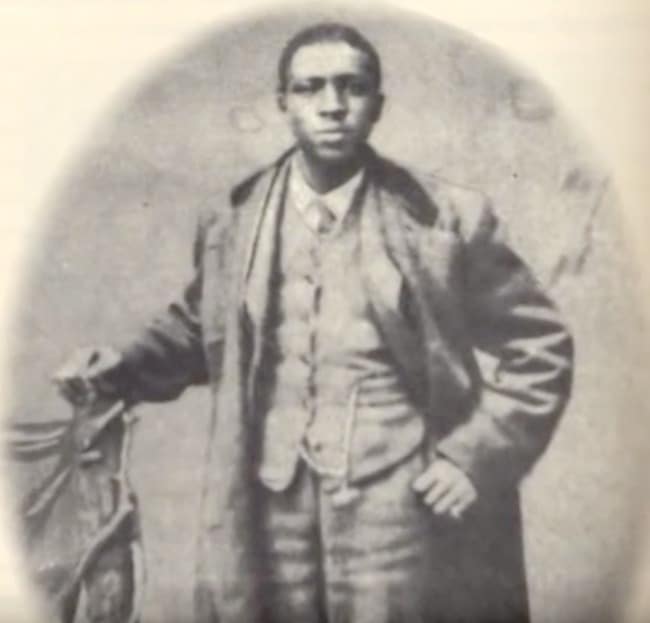
Oliver Lewis was born to Elanora and Goodson Lewis in Fayette County, Kentucky. Details about his parents and early family life remain scarce. It was said that he had at least four siblings: Lena, Hattie, Mattie, and John.
Lewis found work at McGrathiana Stables, owned by H.P. McGrath, alongside twenty-one other African American employees. These stables were located on what is now the University of Kentucky’s Coldstream Research Farm.
His career as a jockey began to shine as he achieved notable successes. Reports indicate that he rode Aaron Pennington to both first and second-place finishes in heat races at the Kentucky Association Track.
Additionally, Lewis guided Calvin to a second-place finish in the Clark Sweepstakes at Churchill Downs. These early victories set the stage for the most significant season of his life.
At just 19 years old, Lewis entered the history books by competing in the inaugural Kentucky Derby.
How Oliver Lewis became the first Kentucky Derby winner
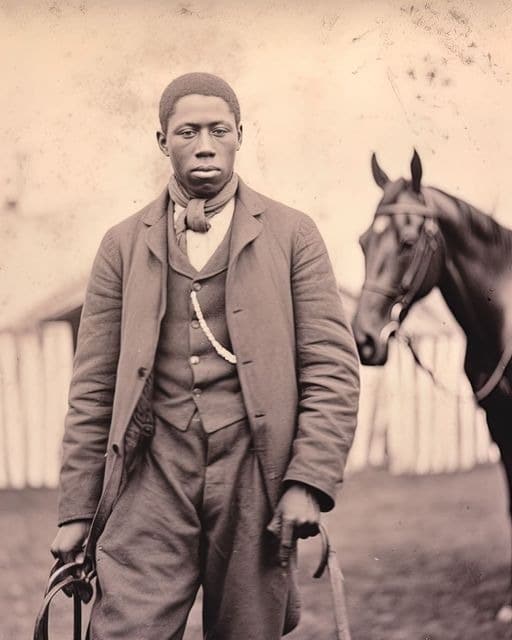
The first Kentucky Derby was held on May 17, 1875, at the newly opened Louisville Jockey Club, now known as Churchill Downs.
Lewis’s horse, Aristides, was one of two horses entered by owner H. Price McGrath, who aimed to win the $2850 prize money. But it was the other horse, Chesapeake, ridden by William Henry, that was expected to win.
Lewis’s role was to set a fast pace so Chesapeake could take the lead when the other horses got tired. Consequently, Aristides and Chesapeake raced as favorites. Aristides was known for strong starts, and Chesapeake for strong finishes.
However, it was Volcano who took the lead from the start, with Aristides, Verdigris, and McCreary close behind. In the final stretch, Chesapeake fell behind while Aristides and Volcano were neck and neck.
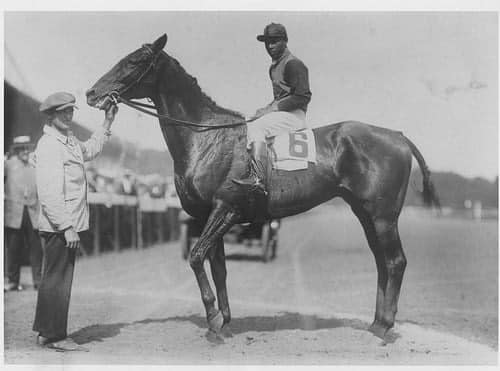
It was said that Lewis eased up and looked back but was waved on by owner McGrath in the home stretch.
According to the Courier-Journal, “Right gallantly did [Aristides]… hold his own all down the stretch in spite of most determined rushes on the part of Volcano and Verdigris, and dashed under the wire the winner of one of the fastest and hardest run races ever seen on track.”
Lewis and Aristides won by two lengths, with Volcano second, Verdigris third, and Chesapeake eighth. Lewis’s time for the mile-and-a-half course was 2 minutes and 37.75 seconds, an American record for the distance.
Unexplained transition from successful jockey to bookmaker
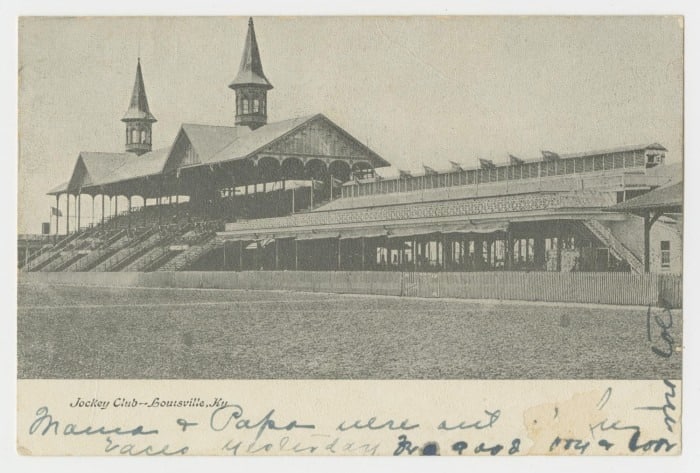
After winning the first Kentucky Derby, Lewis placed second in the Belmont Stakes in New York and won three more races at the Louisville Jockey Club, all on Aristides.
Despite his success, he never rode in the Kentucky Derby again and retired after that racing season for reasons unknown.
Following his retirement, Lewis worked briefly as a day laborer. He then began creating handicapping tables and racing forms for bookmakers. Eventually, he became a bookmaker himself, a legal profession in Kentucky at the time.
His detailed charts and data collection methods were well respected and passed down to his son James, who continued his bookmaking skills and business.
The legacy of a trailblazing jockey
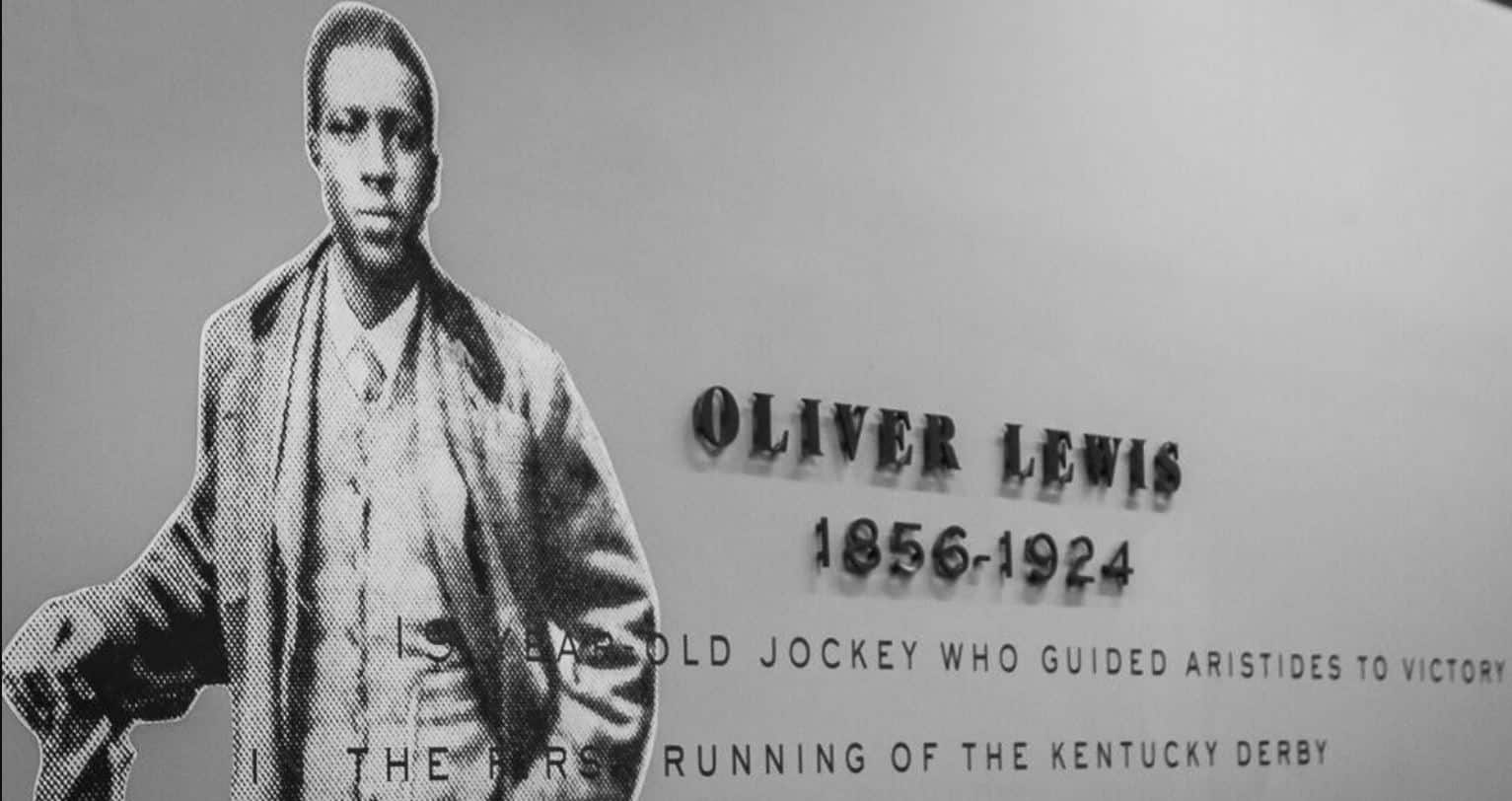
Despite his key role in one of America’s most famous sporting events, Oliver Lewis has been neglected by sportswriters for over a century, and his life beyond the famous race is scarcely documented.
Lewis died in 1924 and was buried in the Lexington No. 2 Cemetery, also known as African Cemetery Number 2, along with several other Black jockeys of the period, including Isaac Murphy, a three-time Derby winner.
His funeral was held in Lexington, where he was laid to rest in his family’s plot.
In recognition of his historic accomplishments, the Newtown Pike Extension in Lexington, Kentucky, was named Oliver Lewis Way on September 8, 2010. This tribute honors the enduring impact of his contributions to horse racing history.

